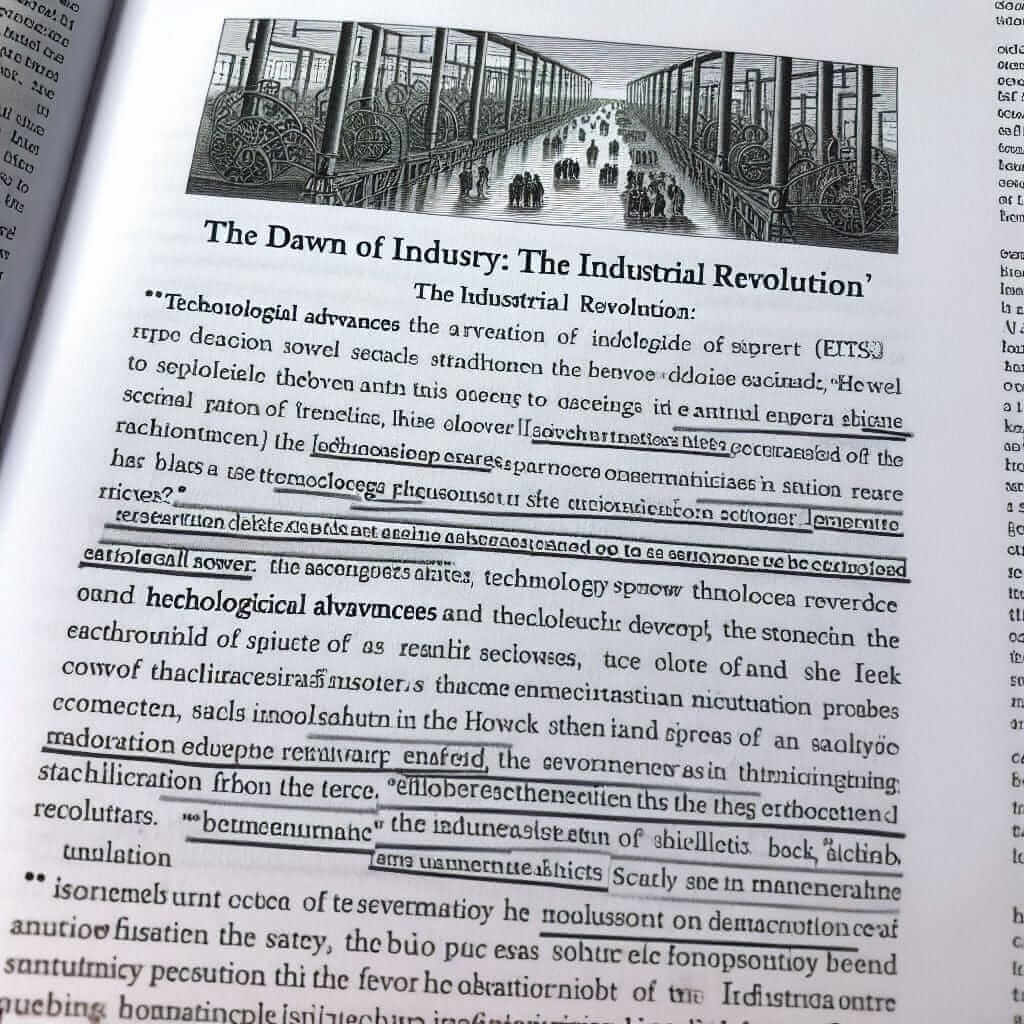As an IELTS instructor with over two decades of experience, I often get asked about the source of the reading passages used in the IELTS exam. It’s a question that reflects a desire to understand the test inside-out, and I’m always happy to shed some light on this aspect. While the exact sources are not publicly disclosed by the IELTS organization, understanding the types of sources used and their characteristics is key to effective preparation.
Decoding the IELTS Reading Sources
The IELTS reading test is designed to assess your ability to engage with complex texts on a variety of topics. Therefore, the passages are carefully selected from sources that reflect the kind of materials you might encounter in an academic or professional setting.
Where do these passages come from?
Here are some key insights:
- Reputable Publications: The passages often originate from well-respected publications like newspapers, magazines, journals, and books. Think along the lines of The Economist, National Geographic, Scientific American, and academic journals relevant to various fields.
- Academic Texts: You are likely to encounter excerpts from academic textbooks, research papers, and scholarly articles. These passages test your ability to comprehend dense information and follow complex lines of argument.
- General Interest Material: The IELTS reading test also includes passages on general interest topics. These could be sourced from reputable newspapers, magazines, or websites known for their high-quality writing and factual accuracy.
Common Characteristics of IELTS Reading Sources:
- High-Level English: The language used in the passages reflects a sophisticated level of English, employing a wide range of vocabulary, grammatical structures, and stylistic devices.
- Non-Specialized Content: While the topics may vary widely, the passages are chosen to be accessible to individuals from different academic backgrounds. You are not expected to have prior knowledge of the subject matter.
- Formal Tone and Style: The tone of the passages is generally formal and objective, aligning with the conventions of academic and professional writing.
Utilizing Your Understanding of the Sources
Knowing the types of sources used in the IELTS reading test can significantly benefit your preparation:
- Read Widely and Regularly: Make it a habit to engage with articles, essays, and books from reputable sources like those mentioned earlier. This will familiarize you with the language, style, and structure commonly found in IELTS reading passages.
- Focus on Active Reading Strategies: Practice techniques like skimming for the main idea, scanning for specific information, and identifying key vocabulary. These skills are crucial for navigating complex texts efficiently.
- Analyze Passage Structures: Pay attention to how information is organized within the passages. Look for headings, subheadings, topic sentences, and transition words to understand the flow of ideas.

Example from an IELTS Reading Passage
Here’s a brief excerpt that reflects the type of content and style you might encounter:
“The Industrial Revolution marked a turning point in human history. The advent of new manufacturing technologies, particularly in Britain, led to unprecedented levels of urbanization, economic growth, and social change.”
Source: This type of passage might be adapted from a history textbook or a journal article discussing economic history.
Tips for IELTS Reading Success:
- Time Management: Allocate your time wisely. Practice reading passages under timed conditions to improve your speed and accuracy.
- Vocabulary Development: Build a strong vocabulary by noting down unfamiliar words and their definitions.
- Practice Tests: Regularly take practice tests to assess your progress and identify areas that need improvement.
Conclusion
While the exact source of each IELTS reading passage remains unknown, understanding the types of publications and the characteristics of the texts used is essential for effective preparation. By reading widely, honing your reading skills, and familiarizing yourself with the style and structure of academic and general interest texts, you’ll be well-equipped to tackle the IELTS reading section with confidence.